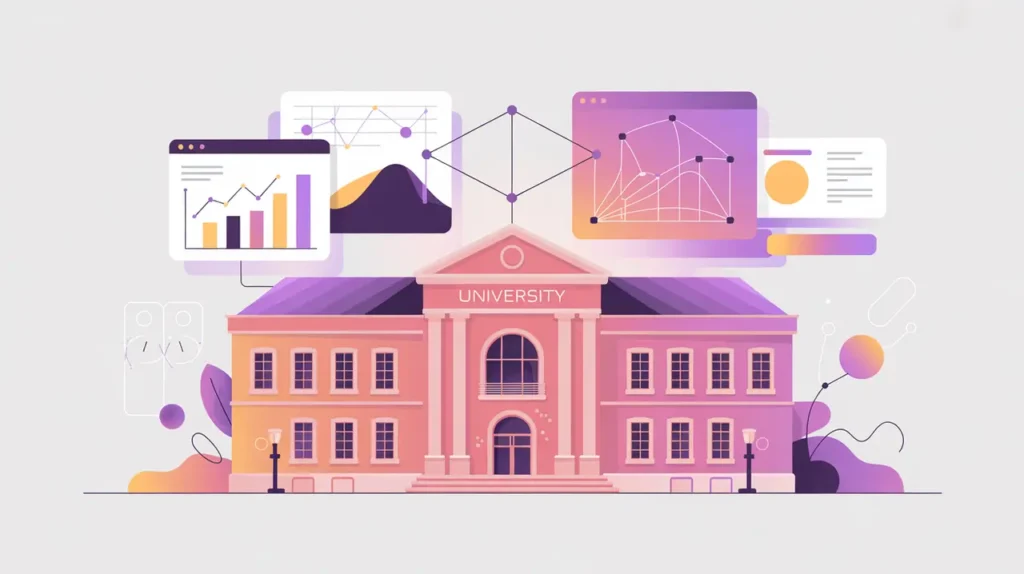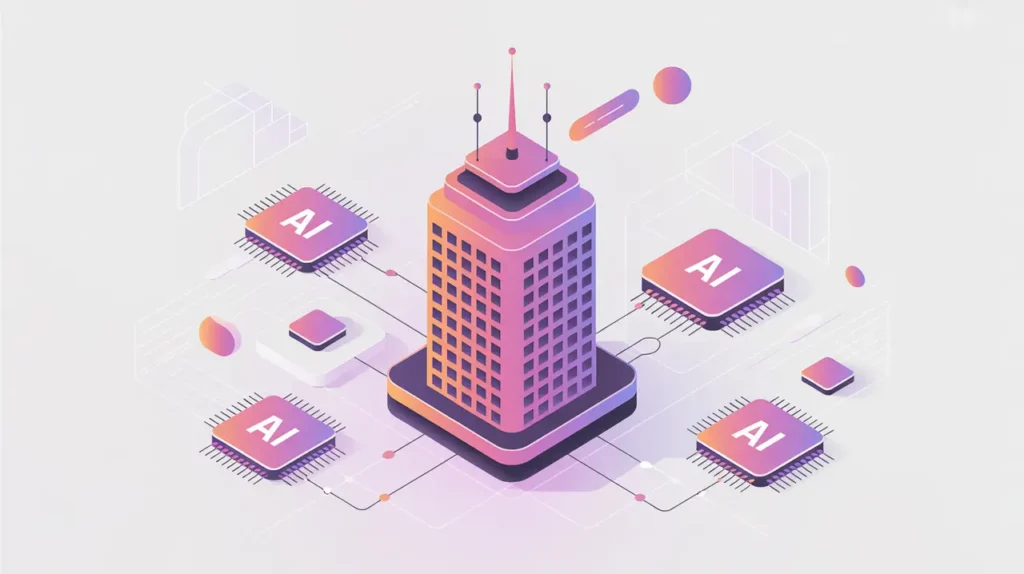Importance of Social Enterprises and AI Innovation
Social enterprises combine business models with social missions, using market mechanisms to drive impact. In the AI era, these organizations are emerging as key innovators, building products and services that apply AI to address societal challenges while sustaining themselves financially. Their importance today lies in bridging the worlds of entrepreneurship and social impact, proving that AI can generate both financial returns and community benefit.
For social innovation and international development, social enterprises matter because they often act as early adopters, experimenting with AI in ways that traditional nonprofits or large institutions may not have the flexibility or risk tolerance to pursue.
Definition and Key Features
Social enterprises differ from nonprofits in that they rely on earned revenue, though impact remains central. In AI contexts, they design tools for education, health, agriculture, finance, and climate adaptation. Examples include startups using AI for crop monitoring or financial inclusion platforms that use machine learning to extend credit to underserved populations.
This is not the same as conventional startups, which focus primarily on growth and profitability. Nor is it equivalent to nonprofit service delivery, which may depend heavily on grants. Social enterprises operate in the middle space, innovating with business discipline and social intent.
How this Works in Practice
In practice, social enterprises may leverage AI to automate language translation for low-resource languages, optimize logistics in rural supply chains, or develop platforms that connect artisans to markets. Their innovation often lies in localized adaptation, including tailoring AI systems to specific cultural, economic, or environmental contexts. They also act as bridges between communities and investors, translating needs into scalable solutions.
Challenges include securing capital, as traditional investors may undervalue social missions while donors may resist market-based models. Social enterprises must also navigate ethical considerations, ensuring that AI use does not compromise equity or exacerbate exclusion.
Implications for Social Innovators
Social enterprises and AI innovation shape mission-driven ecosystems in multiple ways. Health-focused enterprises can deliver low-cost diagnostic tools tailored for underserved areas. Education enterprises can provide scalable tutoring systems in local languages. Humanitarian-focused enterprises can offer logistics or payments platforms that enhance aid delivery. Civil society benefits when social enterprises demonstrate new models that challenge dominant corporate approaches.
By combining AI innovation with social purpose, social enterprises show how technology can be harnessed for inclusive, sustainable solutions that balance impact with enterprise.







